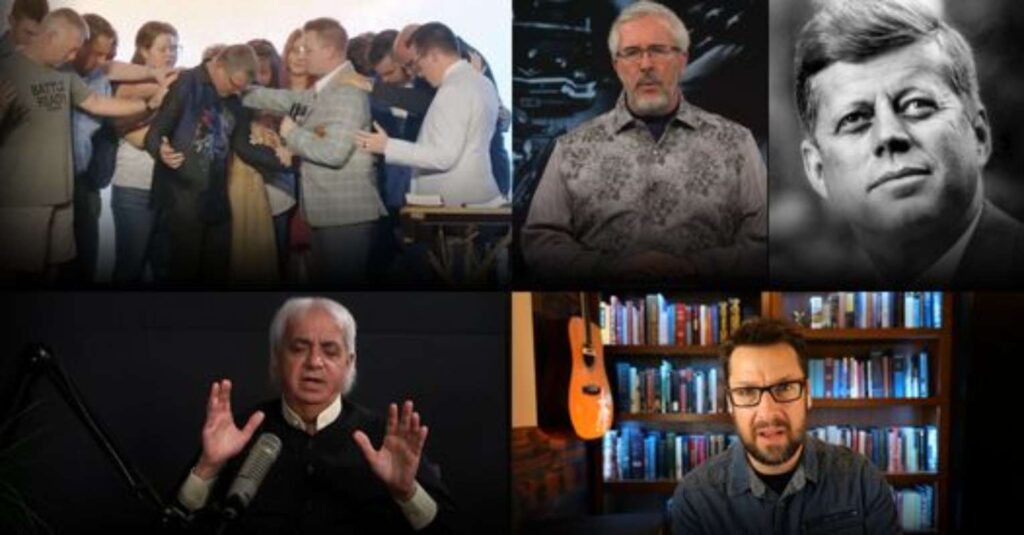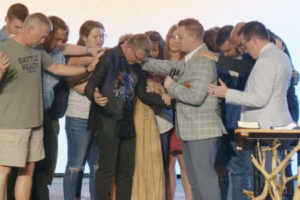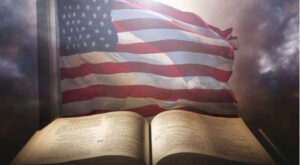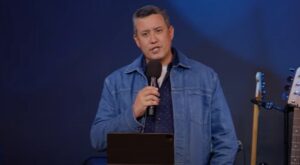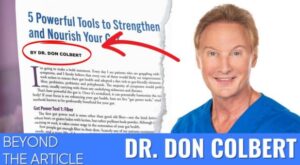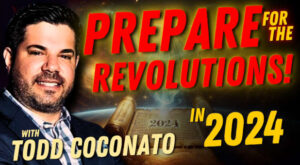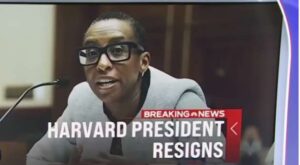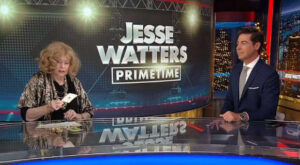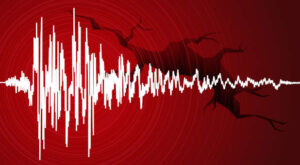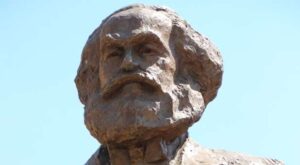Numerous surveys seek to capture the opinions and practices of evangelicals in the United States. From tithing behaviors to political inclinations, evangelicals are regularly identified in research and polls. Because researchers use different tools to identify evangelicals, results vary from poll to poll. Even the estimated number of U.S. evangelicals ranges from 23-35 percent of American adults.
The National Association of Evangelicals (NAE) initiated the development of an evangelical beliefs research definition for accurate and consistent use among researchers more than two years ago. In partnership with LifeWay Research, the definition was crafted, reviewed and tested for validity.
“Evangelicals have been misunderstood and categorized incorrectly so often, and much of that is due to inconsistent identification in research,” said Leith Anderson, NAE president. “Now we have a way to measure evangelical belief with confidence.”
The NAE/LifeWay Research definition includes four statements to which respondents must strongly agree to be categorized as evangelical:
- The Bible is the highest authority for what I believe.
- It is very important for me personally to encourage non-Christians to trust Jesus Christ as their Savior.
- Jesus Christ’s death on the cross is the only sacrifice that could remove the penalty of my sin.
- Only those who trust in Jesus Christ alone as their Savior receive God’s free gift of eternal salvation.
The NAE Board of Directors adopted the evangelical beliefs research definition at its Oct. 15 meeting.
Testing for Validity
Researchers typically have used two methods to identify evangelicals: self-identification and denominational affiliation. In some research polls, evangelicals are identified more by political demographics than religious characteristics. Though the African-American Protestant population is overwhelmingly evangelical in theology and orientation, it is often separated out of polls seeking to identify the political preferences of evangelicals.
“Evangelicals are people of faith and should be defined by their beliefs, not by their politics or race,” Anderson said.
LifeWay Research and the NAE sought to identify people who hold evangelical beliefs, regardless of affiliation or behavior. The framework provides a valid third method to researchers who typically define evangelicals by denominational membership or self-identification.
“We’re not saying these are the only evangelicals, but we are saying this will define someone as having evangelical belief,” said Scott McConnell, vice president of LifeWay Research.
With input from a diverse group of sociologists, theologians and evangelical leaders, LifeWay Research designed and tested 17 questions that were eventually narrowed to a set of four. The statements closely mirror historian David Bebbington’s classic four-point definition of evangelicalism, but with an emphasis on belief rather than behavior, said Ed Stetzer, executive director of LifeWay Research.
“Affiliation and behavior can be measured in addition to evangelical beliefs, but this is a tool for researchers measuring the beliefs that evangelicals—as determined by the NAE—believe best define the movement. And, just as Native Americans might best define who is a Native American, we think evangelicals can best define evangelicals,” he said.
LifeWay Research confirmed the statements are statistically valid and reliable and form a valid scale, testing them in online and phone surveys.
People who strongly agree with one statement tend to strongly agree with others, indicating the statements measure a “theological package” of evangelical belief, Stetzer said.
Those who strongly agree with all four statements are more likely to attend church frequently and identify themselves as evangelical, indicating the survey measures the intended group.
“This simple set of four questions reliably discerns those who share evangelical beliefs from those who do not,” Stetzer said.
Identity vs. Belief
LifeWay Research’s phone survey of 1,000 Americans found widespread agreement with traditional evangelical beliefs.
Fifty-two percent strongly agree the Bible is their highest authority, and 58 percent strongly agree Jesus’ death is the only sacrifice that could remove the penalty of sin. Almost as many strongly agree it is important for them to personally encourage non-Christians to trust Christ (49 percent) and only those who trust solely in Jesus will be saved (48 percent).
“The biggest challenge in defining evangelicals is that too many people want to affirm evangelical beliefs, to the point you can end up with an unrealistic percentage—no one thinks the majority of Americans are evangelicals,” Stetzer said.
About 3 in 10 Americans fit the NAE/LifeWay Research statistical definition of what would count as evangelical by belief. That number will move a bit due to the format of the questionnaire and the margin of error, but it also aligns with other studies using other methods, Stetzer said. For example, 35 percent of Americans describe themselves as “born-again or evangelical Christian,” according to Pew Research’s 2014 U.S. Religious Landscape Study, and 25 percent identify with evangelical churches.
LifeWay Research found overlap but not perfect correlation among those who label themselves evangelicals, those who attend evangelical churches, and those who hold evangelical beliefs. Just 59 percent of Protestants who identify themselves as evangelicals strongly agree with all four statements.
“Identity, belief and behavior are three different things when it comes to being an evangelical,” McConnell said. “Some people are living out the evangelical school of thought but may not embrace the label. And the opposite is also true.”
Differences were particularly apparent among African-Americans. Only 25 percent of African-Americans who hold evangelical beliefs consider themselves evangelical Christians, compared to 62 percent of whites and 79 percent of Hispanics.
“African-American Christians historically have high levels of beliefs that align with evangelical beliefs but tend not to use that term,” Stetzer said.
“And a percentage of people strongly agree with all four of these statements but don’t identify as Christian, which is fascinating,” he said. “Those are some profoundly Christian beliefs.”
Researchers can combine the NAE/LifeWay Research statements of evangelical belief with additional questions measuring evangelical belonging and behavior to get a more complete picture of evangelicalism in America, McConnell said.
Anderson said, “Evangelicals are ‘Good News’ people. We appreciate research and want to learn more from researchers about our community. This new method will help get us all on the same page about who are evangelicals.”
See an error in this article?
To contact us or to submit an article




